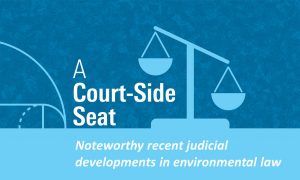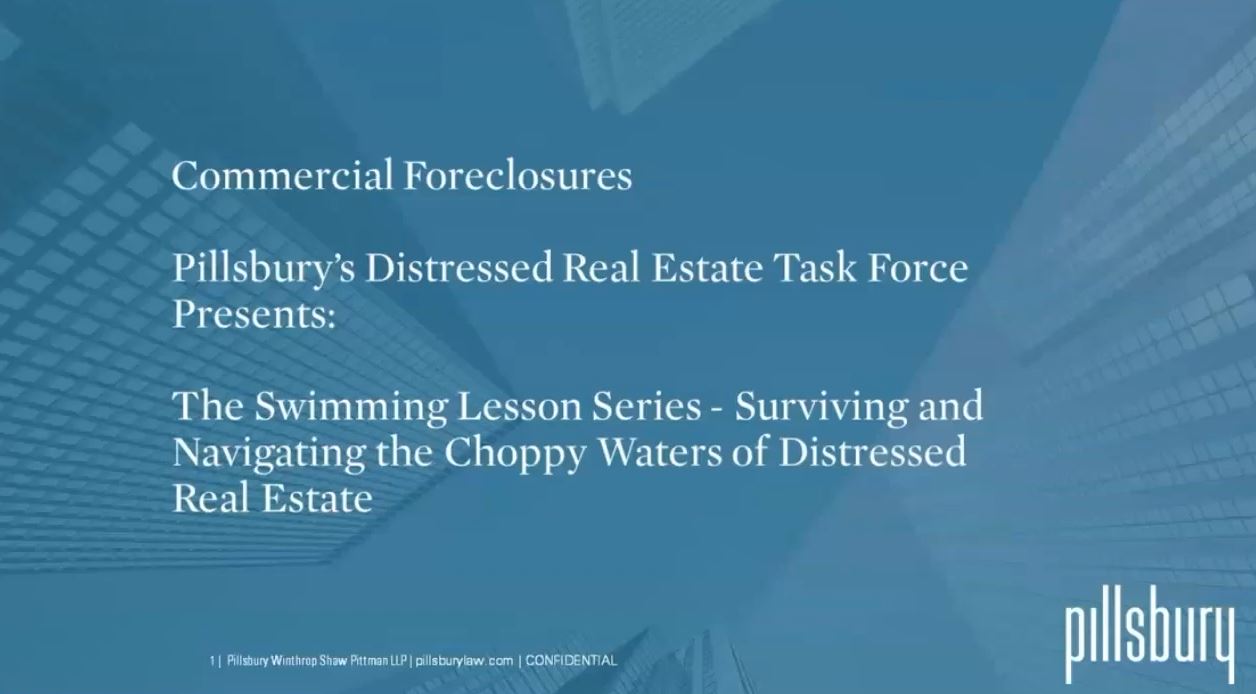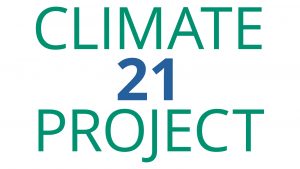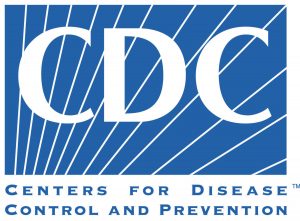As we say goodbye to 2020, we wanted to share our top five most-read articles of 2020 from Gravel2Gavel. The most-read blog posts covered real estate and construction industry trends ranging from proptech trends like blockchain tokenization to COVID-specific rent carveouts and management disclosures to trends and market updates. Our posts provided deep industry insight and summarized hot topics that addressed the legal implications and disruptions that affected the market. Our 2020 roundup:
- Blockchain-Based Tokenization of Commercial Real Estate by Matt Olhausen. Matt discusses the increasing interest in technology applications for real estate assets, or “Proptech,” and tokenization’s potential.
- Real Estate Trends: Looking Ahead to 2021 by Adam Weaver. Adam discussed the pandemic’s influence and future trends for the real estate market.
- Management’s Duties and Responsibilities to Disclose COVID-19 Cases to Commercial and Residential Tenants While Also Protecting Privacy by Rebecca Carr Rizzo. Rebecca discussed how timely and accurate disclosures of positive COVID-19 results could reduce liability.
- Real Estate Market Update. Joel Simon discusses the current real estate market, the types of lenders active in the market, and popular transaction types that thrived in 2020.
- The Looming Housing Crisis and Limited Government Relief—An Examination of the CDC Eviction Moratorium Two Months In. Zach discussed the federal eviction moratorium.











